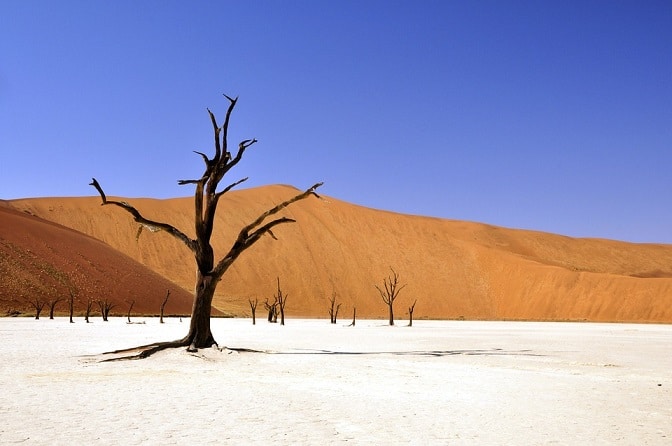 Harare, the capital of Zimbabwe and home to around 1, 6 million residents, is experiencing household water crises due partly to the drought, partly to pollution of the main lake that supplies the water to the city and partly to bad management.
Harare, the capital of Zimbabwe and home to around 1, 6 million residents, is experiencing household water crises due partly to the drought, partly to pollution of the main lake that supplies the water to the city and partly to bad management.
Lake Chivero, the main source of Harare’s water for drinking, personal hygiene, industry and agriculture, is being polluted by raw sewage as well as by harmful chemical waste that is being discharged into the Manyame and Mukuvisi rivers and other tributaries that feed Lake Chivero, by industry and mining companies in the area. This chemical sludge is and corroding the pipelines and degrading the water resources.
Harare spends approximately $4 million on chemicals and power every month to purify the water due to the fact that the pollution has pushed the lake’s pH levels above 8, an alkaline state that increases water treatment costs.
Facing financial problems as well, the only thing that the city could do was to reduce the amount of water it treated so that it could treat at least some water to the required standards. This meant though that the city which has been facing drought, ageing infrastructure, pollution and a ballooning population for the past 15 years, is now failing to deliver sufficient water to its residents.
A 2014 survey by international aid agencies and the Zimbabwean government showed that the number of households in Harare with access to clean drinking water and sanitation has plummeted from 95% in 2009 to a mere 40% in 2014, which is the fastest decline among Zimbabwe’s 10 provinces.
The city has sunk 240 boreholes in the worst-affected areas to try to bridge the deficit, but it is woefully inadequate to fulfil the water needs of the surrounding communities.
Khumbulani Murenga, head of the independent Institute of Water and Sanitation Development says that it has been a challenge to adhere to the 20-litre minimum water requirement per capita for basic daily hygiene as per the World Health Organisation (WHO) recommendation.
The water supply to some townships, such as Mabvuku and Hatcliffe has been completely cut off since December and this is a major health time-bomb. According to Vivek Solanki, a doctor at Harare’s Trauma Centre, “Untreated or poorly treated drinking water may contain traces of dangerous pathogens… that cause diarrhoea, cholera and typhoid.”
According to some of the nursing staff, the situation is direr, with the spread of waterborne diseases, especially among children, at its highest since 2008.
Get plumbed water coolers and mains water cooler in London. Rent water coolers and bottled water coolers from Living-Water.





